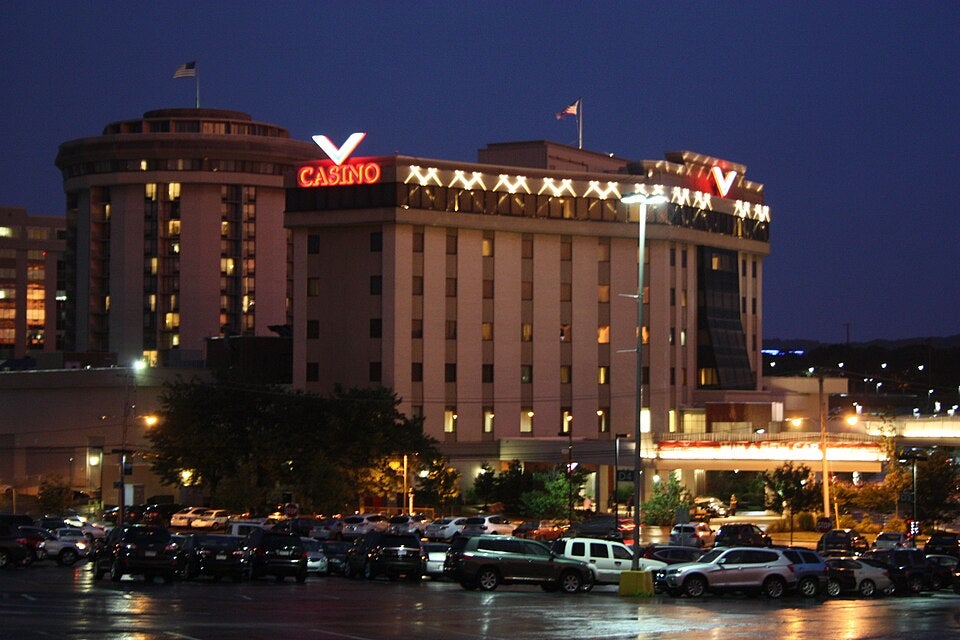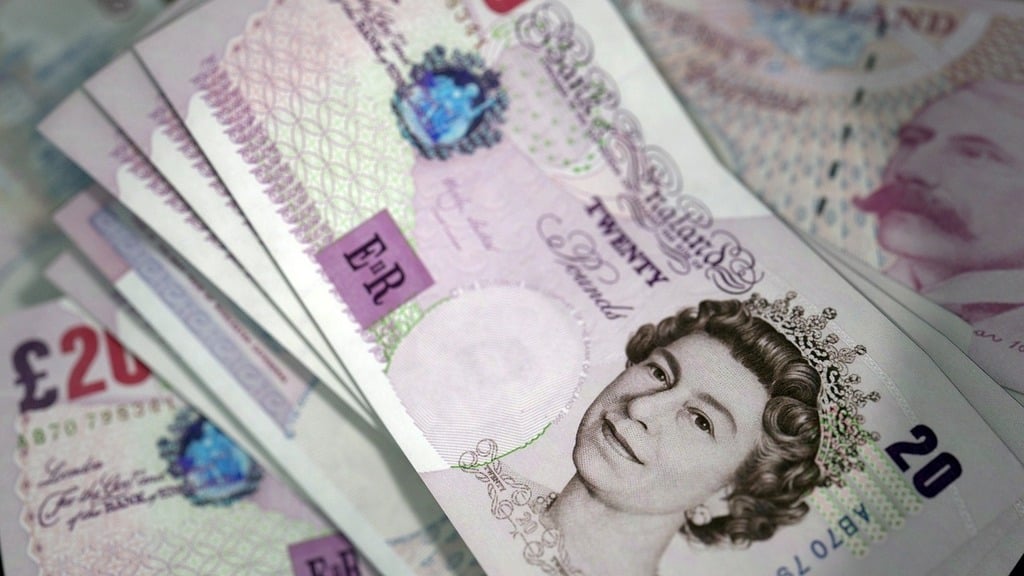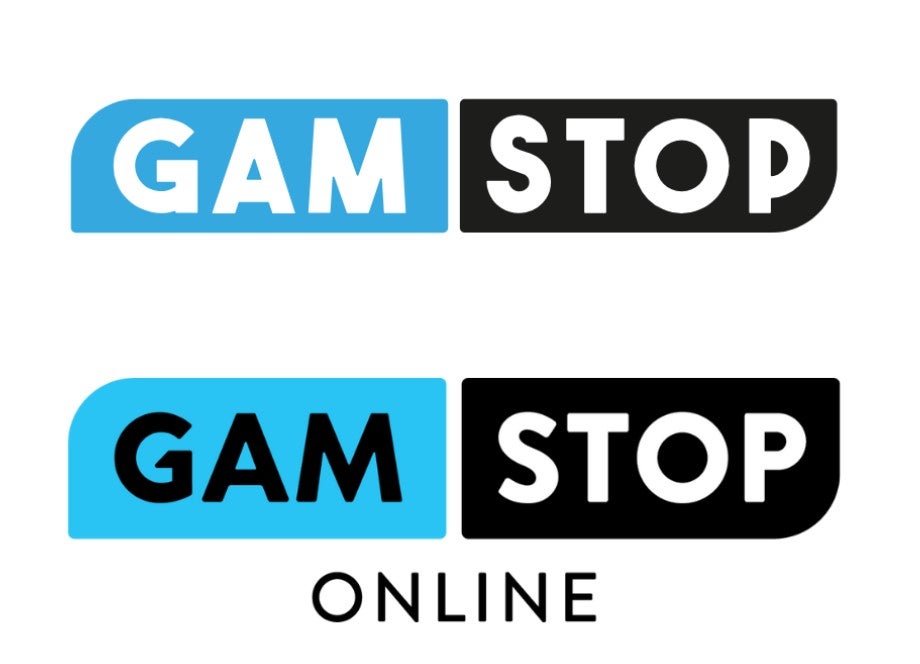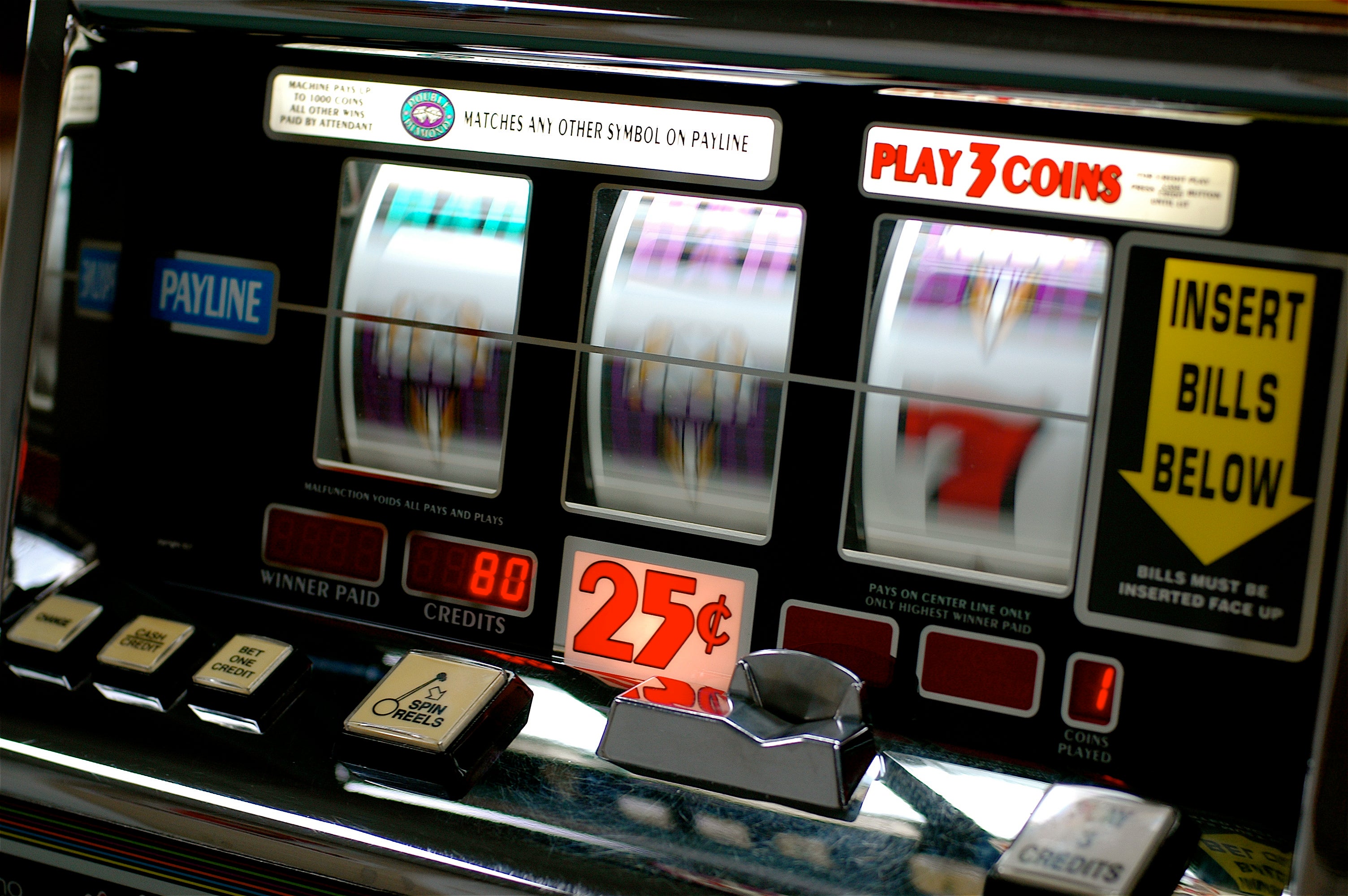Putting tribes in control of gaming (again)
LD 1164 would allow each tribe to partner with one online casino partner. Registered entities would report to the Maine Gambling Control Unit (MGCU) and be charged 16 percent of their online gaming revenue.
The bill received support from the Wabanaki Nations but was opposed by retail casino operators. Churchill Downs Oxford Casino and Hollywood Casino Hotel & Raceway Bangor led the criticism of the bill, which they believed would eat at their bottom lines and give preferential treatment to online operators.
Maine debated the merits of a similar bill, HP 769, earlier in the spring. The bill wanted to hand an online gaming monopoly to the four Wabanaki tribes, who were promised sole control of the state’s mobile sports betting market in 2022.
“For the Passamaquoddy Tribe and all the other Wabanaki communities, this is about fairness and the ability to participate in the industry that already benefits others across the country,” Rep. Aaron Dana, a member of the Passamaquoddy Tribe, said to the Joint Veterans and Legal Affairs Committee in April.
Several attempts to legalize iGaming preceded LD 1164 and HP 769 to no avail. A bill known as LD 1777, introduced by Rep. Laura Supica (D-District 22) in 2023, was approved by the Senate but failed a House vote, 75-70.
Fighting the growth of illegal gambling
Legalizing online casinos is not just about generating more tax revenue for the state, accordion got Rana. It is about ensuring the health and longevity of the tribes.
“[The Wabanaki nations] face an ongoing economic crisis,” said Rana. “[They have] not enjoyed anywhere near the level of economic growth as that of other tribes in this country.”
All of this comes as Maine’s regulator attempts to control a budding black market gambling scene.
The state authorizes legal sports betting and fantasy contests but has strictly forbidden online casino-style platforms. That hasn’t stopped nefarious operators from entering the market and attracting customers.
“Numerous unregulated entities continue to target Maine residents, offering iGaming opportunities,” the MGCU said in a statement released on Monday. “These operations are based in other states or countries and often include sites that appear legitimate but lack any regulatory oversight in Maine.”
Other nearby regulators have found success in issuing cease-and-desist orders to illegal gambling platforms, forcing them to cease operations in the state.





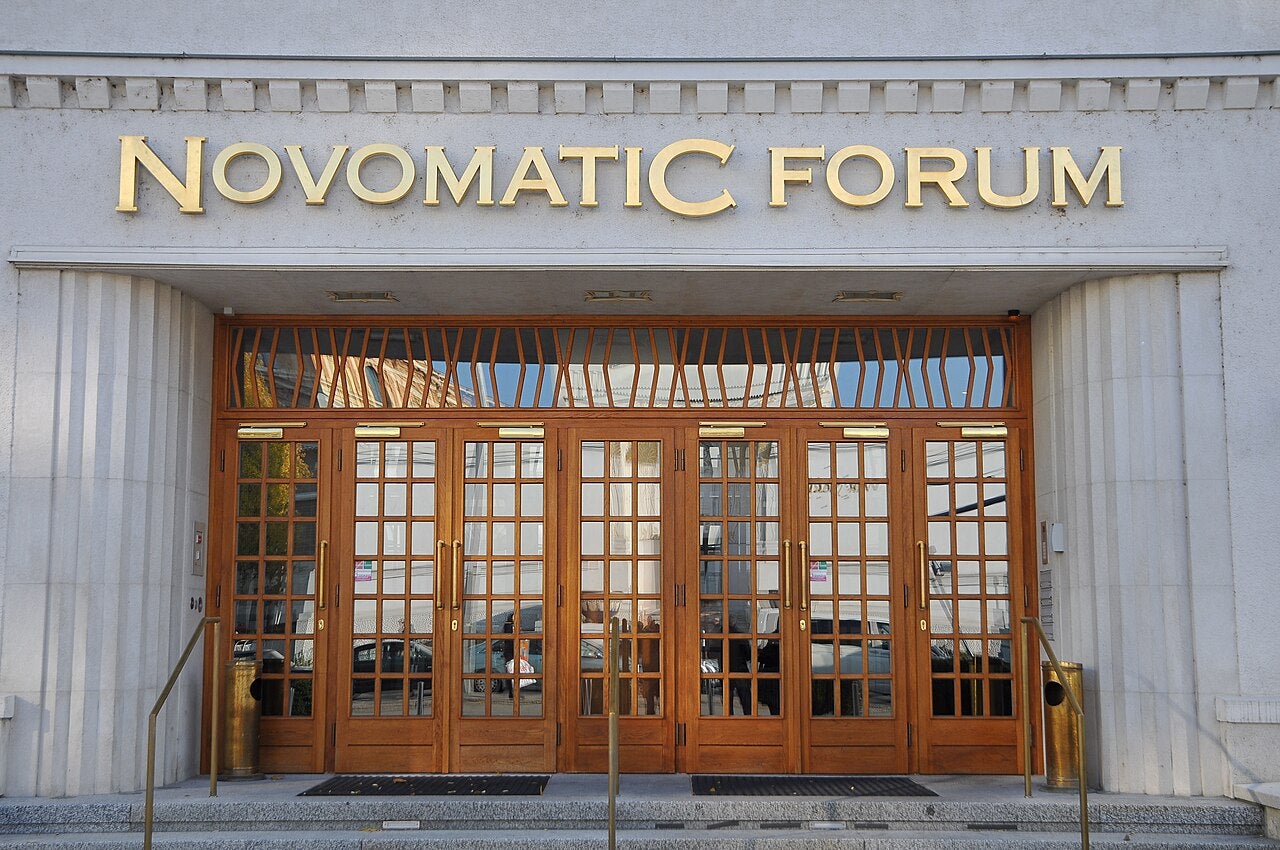
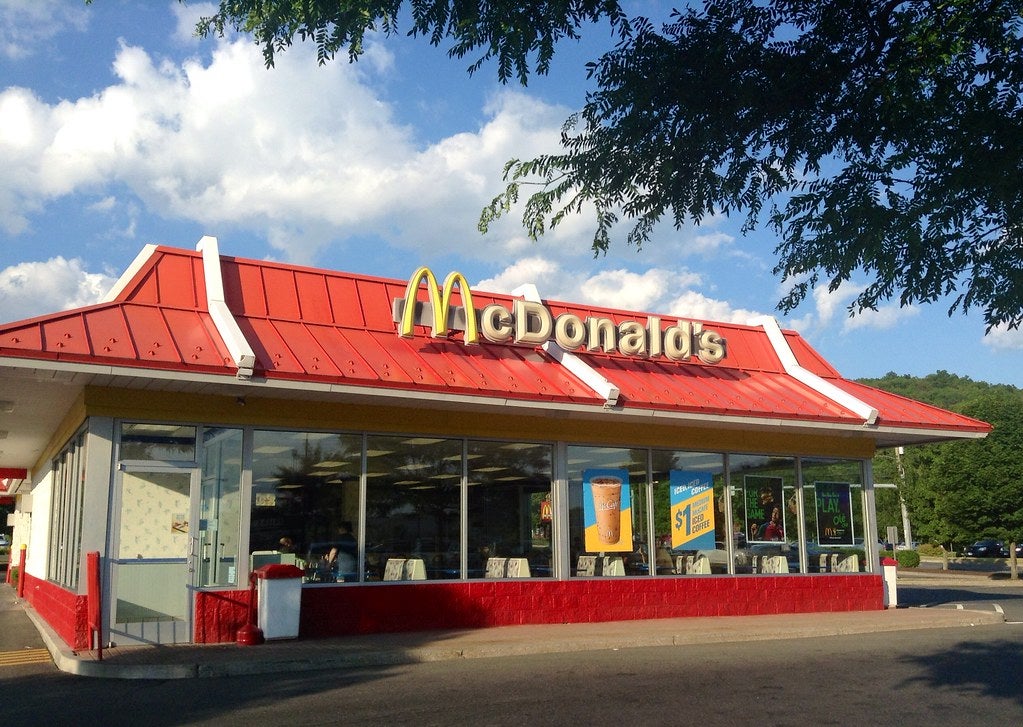
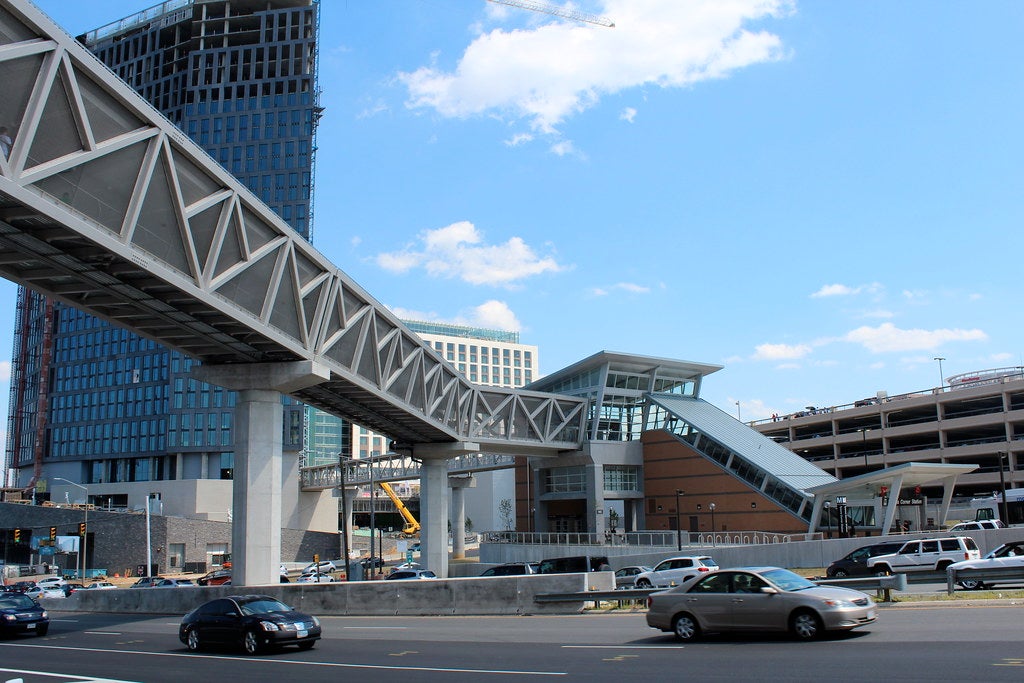

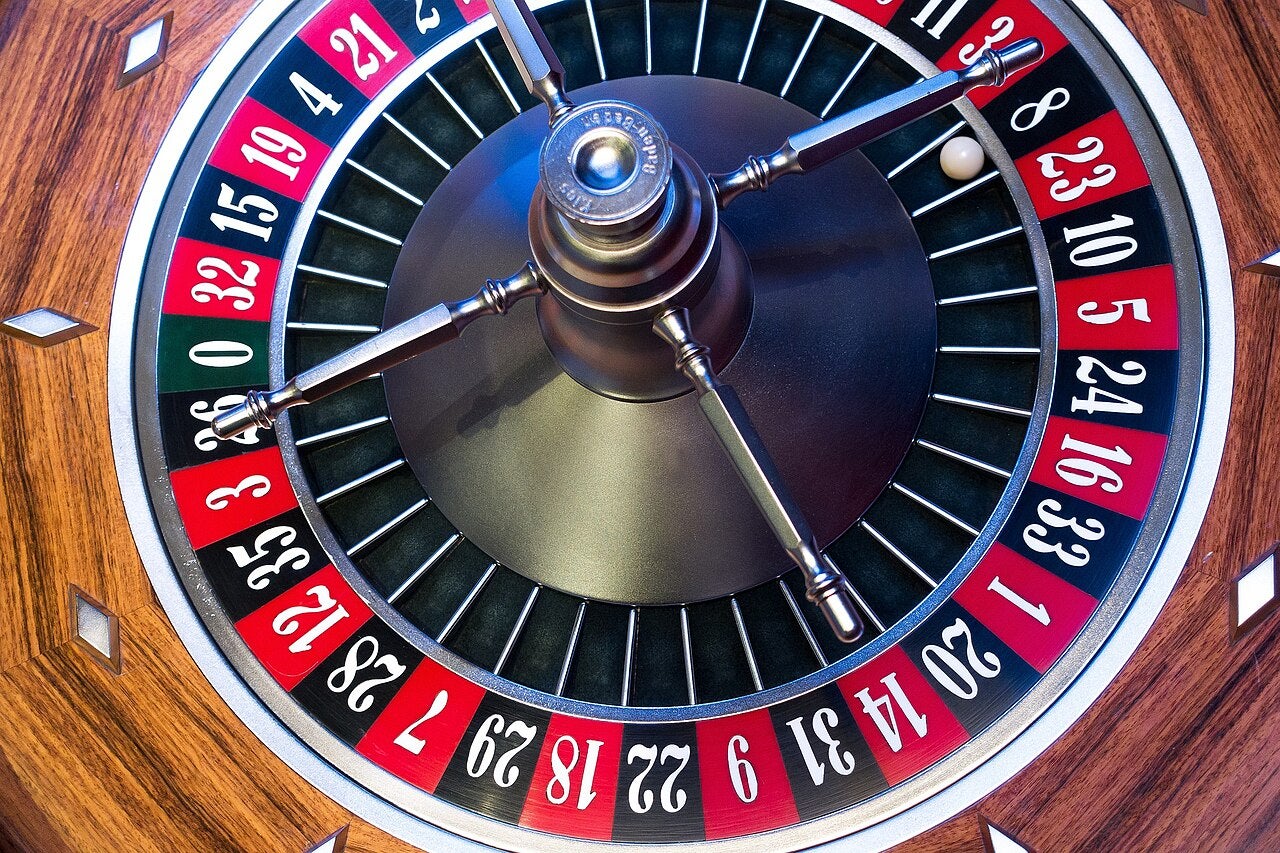
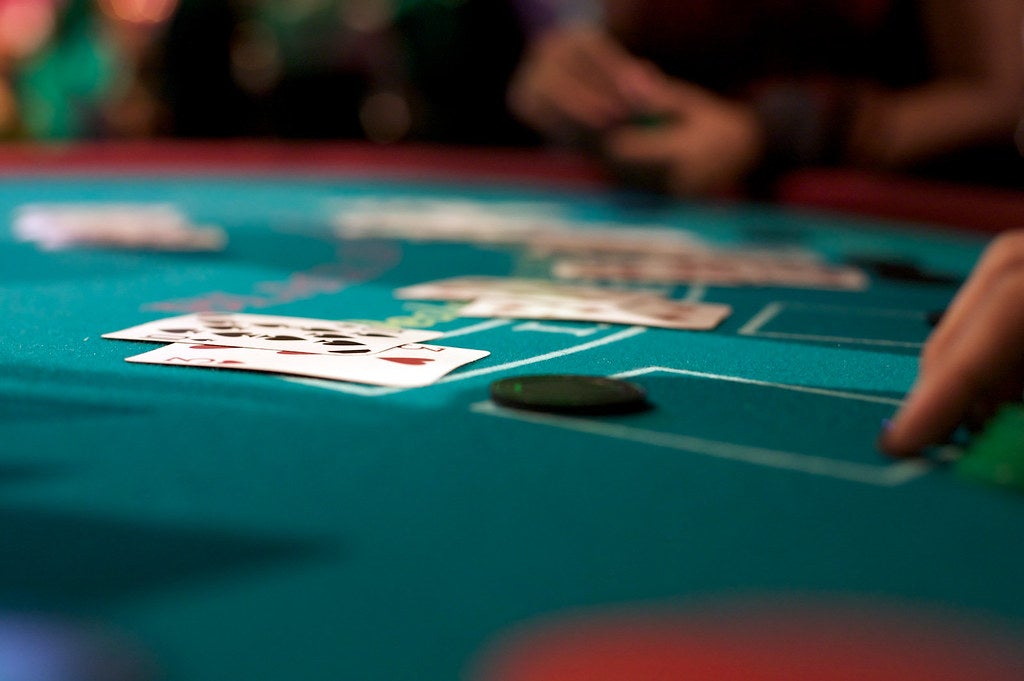

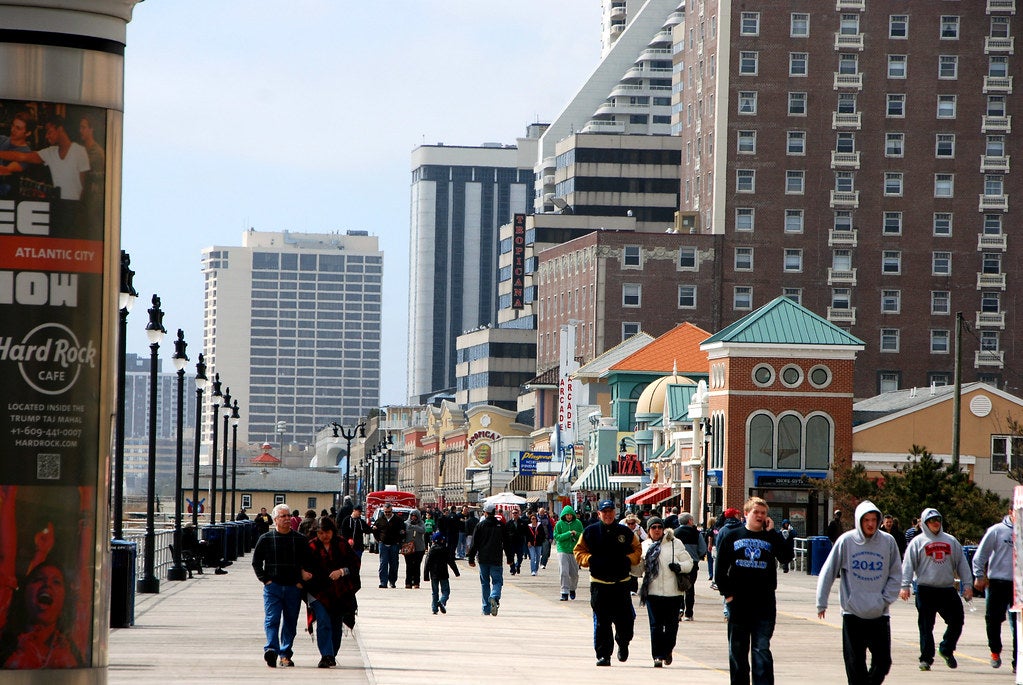



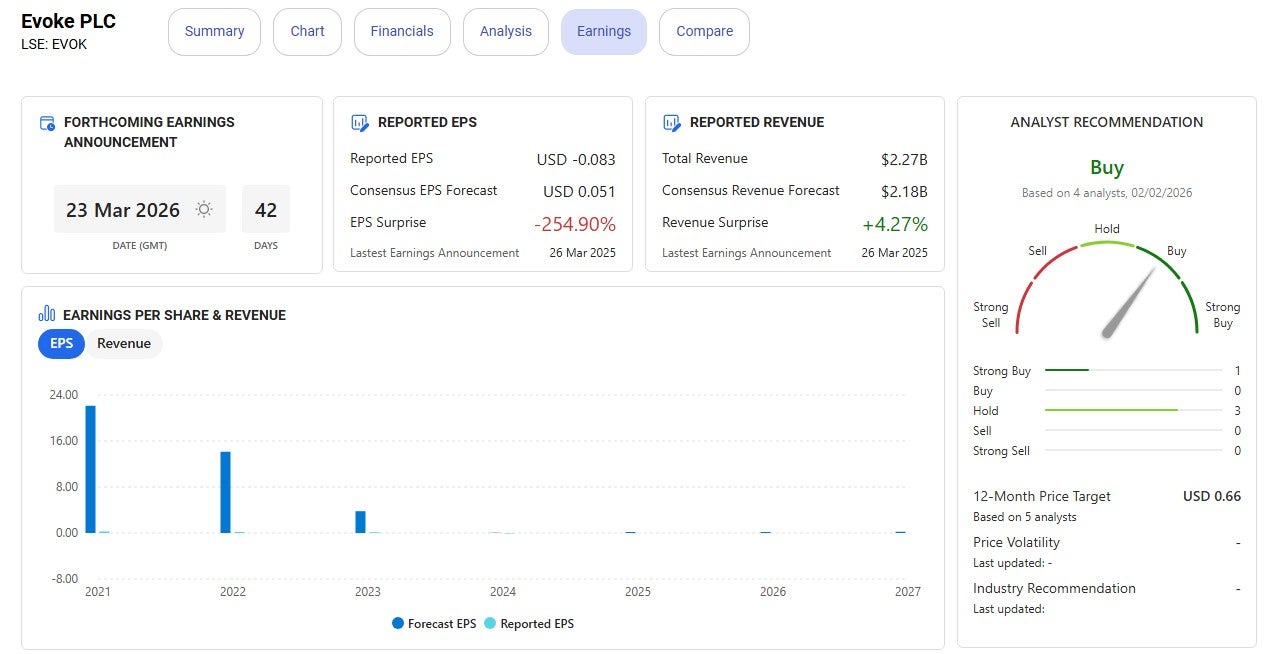

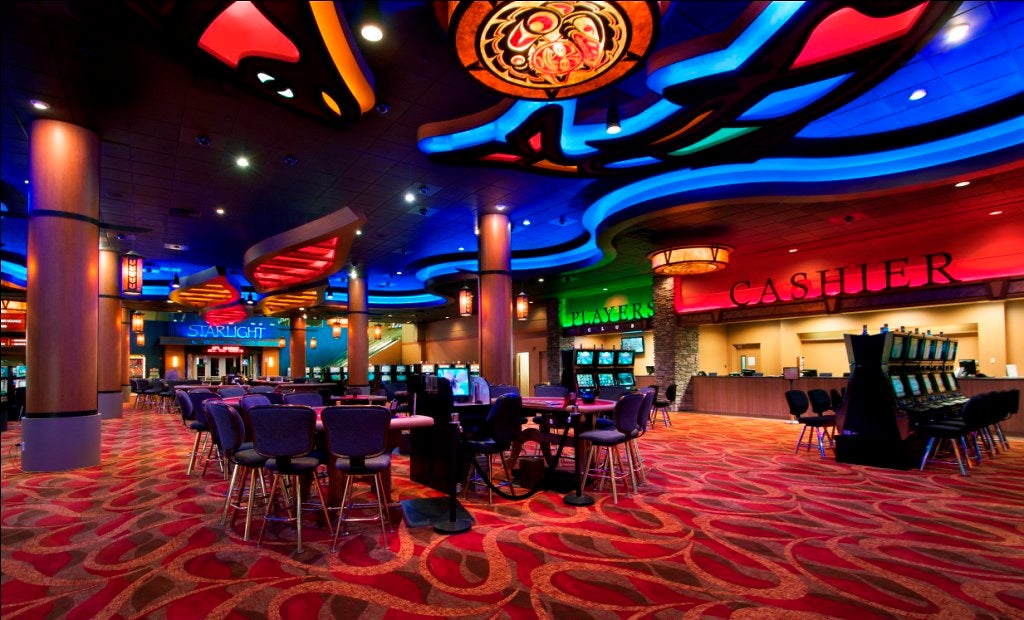
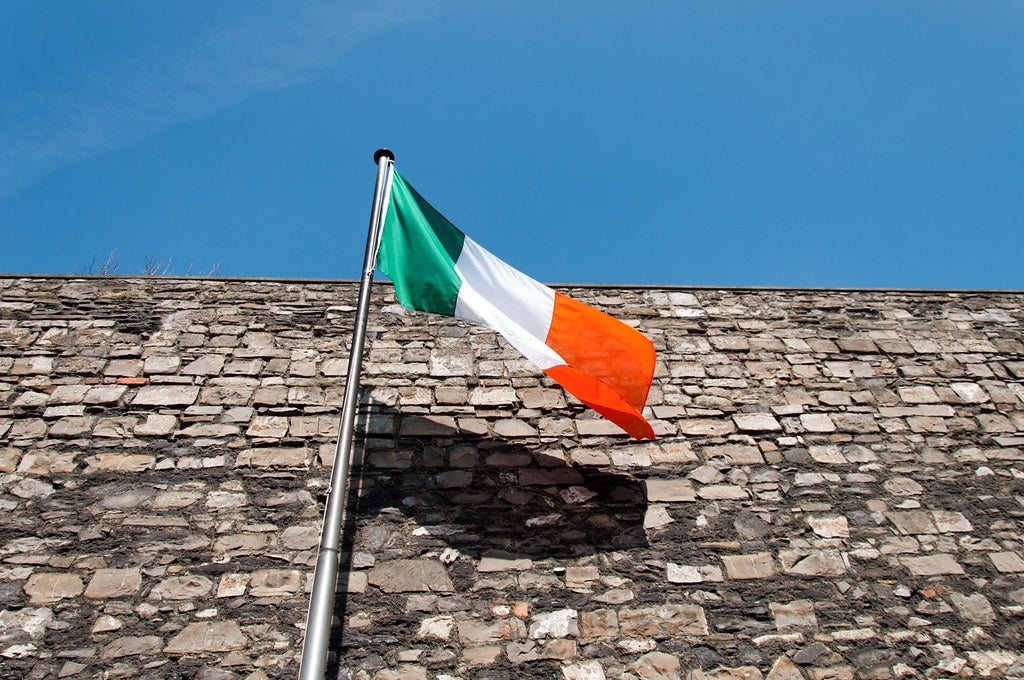
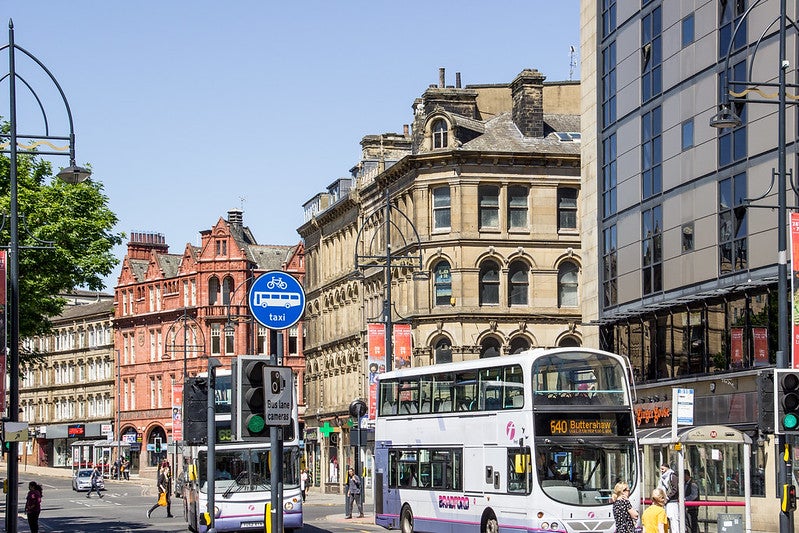
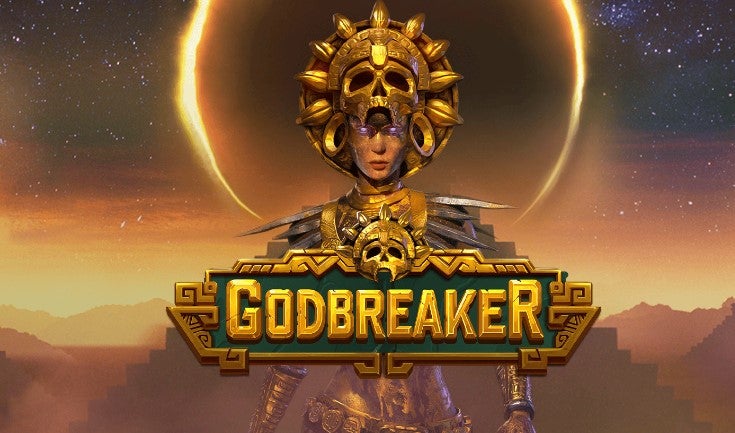
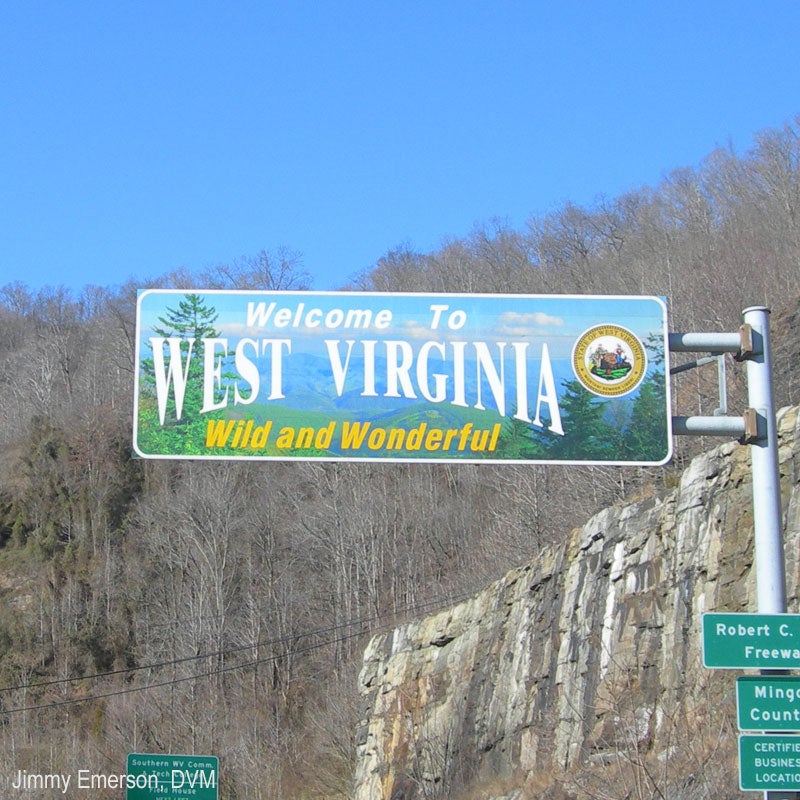
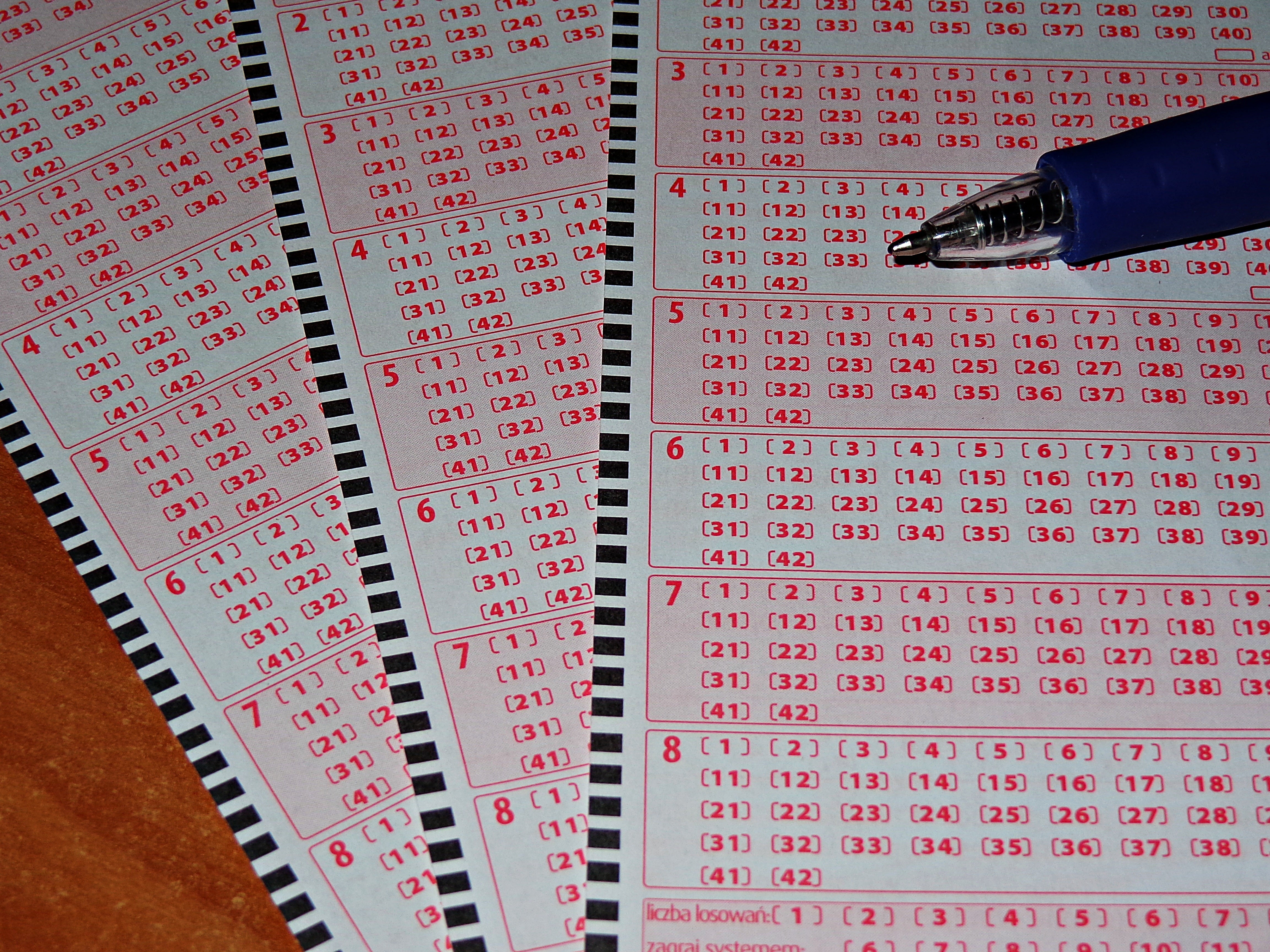
.jpg)
